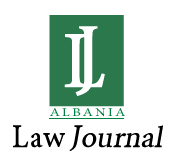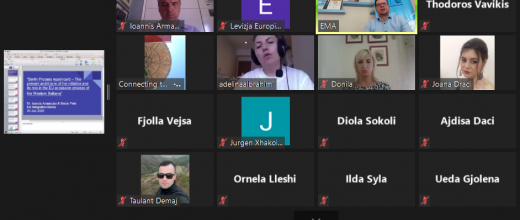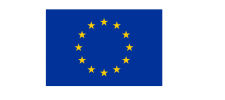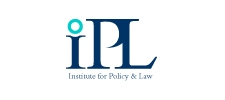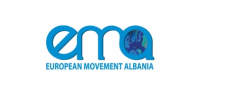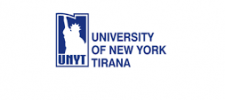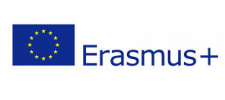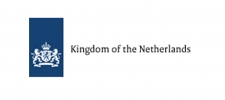On 24 July 2020 an online public discussion was organized on ZOOM, in framework of the project “European Union Enlargement for the Western Balkans" being implemented by University New York Tirana, in partnership with European Movement Albaniamainly and gathered more than 50 participants, mostly lecturers from public and private institutions, students, young researchers, and representatives from Civil Society Organizations and Think Tanks on Berlin process and EU perspective of the region.
The activity was greeted by PhD Denard Veshi, who introduced the different projects that UNYT is leading, also the Center of Excellence. PhD Veshi considered the impact the EU is having on the Albanian legislation by also highlighting the recent development in the EU agenda. Moreover, a short overview of the current research UNYT is developing under the research pillar of EU integration.
Afterwards Mr. Gledis Gjipali, Executive Director of EMA assessed the need and necessity to have such a platform as Center of Excellence that is being implemented by UNYT in partnership with EMA and other NGOs, in order to gather all interest groups, experts and stakeholders to share ideas and experiences for improving the policy-making process, to get more involved on EU integration process and to have the opportunity to share their knowledge and insights with other interested groups.
Part of this online activity were two experts from Hellenic Foundation for European and Foreign Policy organization in Greece who discussed mainly with the participants the outcomes, innovations and challenges of the Berlin process.
Bledar Feta, in his presentation, made a complete overview of the Berlin process, including its history; regional political goals and the political agenda.
Dr. IoannisArmakolas dwelt in detail on the analysis of the strengths and weaknesses of the Berlin process. His critique was explained as a prediction of 6 scenarios on how this process could affect the Western Balkan region, followed by the latest socio-political and economic developments.
After their presentation, the second section of the activity was opened for Q&A and discussion among participants. The discussion was folded on topics linked with the EU perspective of the region and Albania, what is the role that should play the main actors and more specifically the academia, universities and youth. An important issue was the assessment of the internal political situation of Albania and how this affects its EU integration process.
